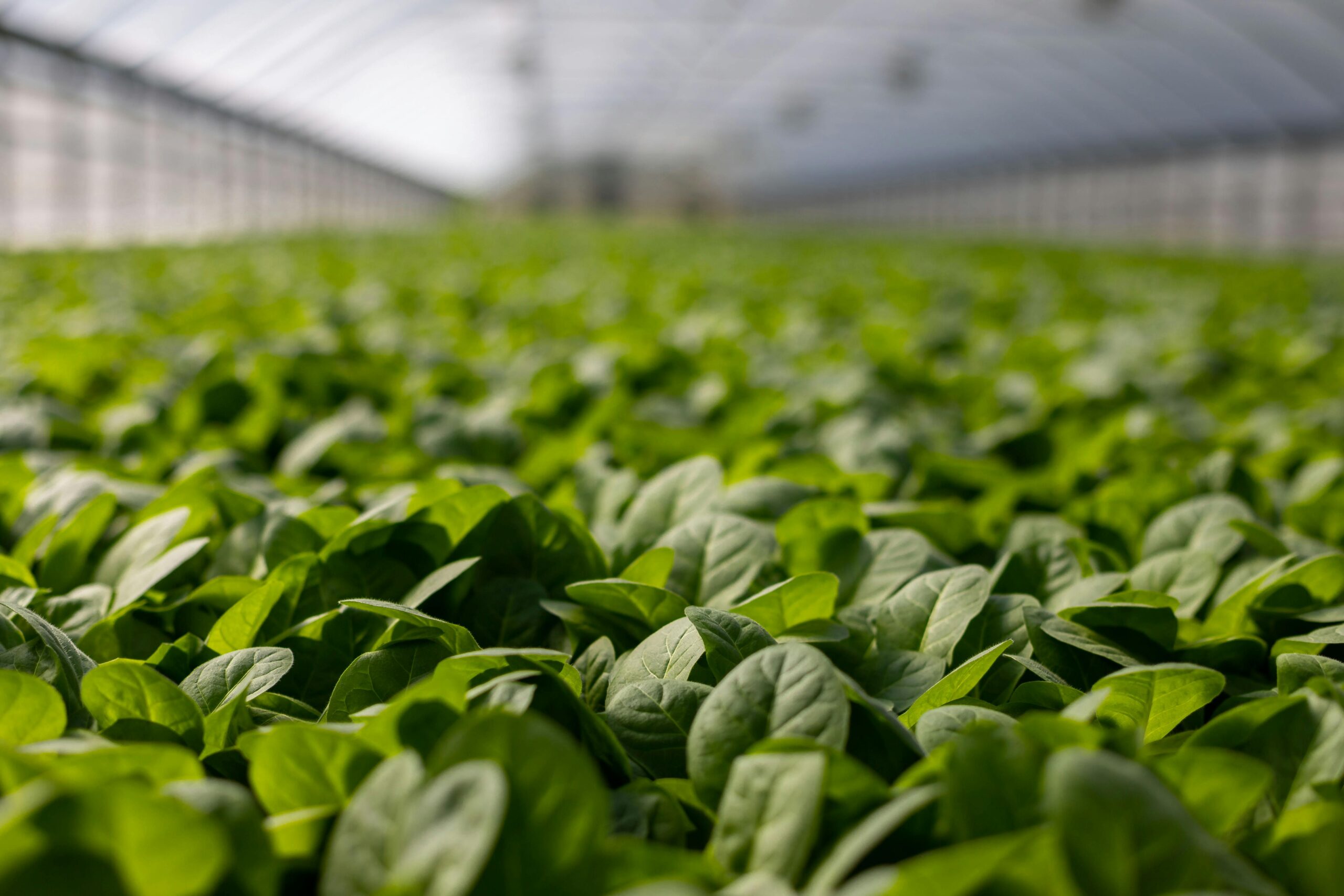8 BEST VEGETABLES FOR BRAIN HEALTH
The human brain is undoubtedly one of the most advanced machines in the world. It is capable of generating exceptional ideas. As any other part of the body, the brain also requires a healthy and balanced diet to function at its best. You must have heard, ‘YOU ARE WHAT YOU EAT.’
When it comes to preparing a balanced diet, vegetables are the most neglected part of it. Our meals are heavily carb- and protein-loaded. The vitamins and minerals we get from vegetables are important for many bodily functions.Skipping veggies can increase the risk of nutritional deficiencies and hinder brain growth.
OFTEN IGNORED NUTRIENTS FOR BRAIN HEALTH:
- CHOLINE: It helps in forming neurotransmitters and aids in muscle control. Choline also improves memory and maintains cell membrane structure.
- OMEGA-3 FATTY ACIDS: One of the most important requirements of the human body, these fatty acids help in brain development by aiding the learning process and keeping a sharp memory.
- FOLATE (i.e., Vitamin B9): Studies have shown that prenatal folic acid consumption can reduce the risk of autism and brain fog. It can help in better emotional development of the child.
- IRON: A balanced amount of iron in the diet plays a vital role in neurotransmitter synthesis and oxygen transportation to the brain.
- VITAMIN B12: It is the most common deficiency seen in people. A B12 deficiency can directly impact your mood, attention levels, and cognitive function.
VEGETABLES YOU SHOULD CONSUME FOR A HEALTHY BRAIN:
1. BROCCOLI
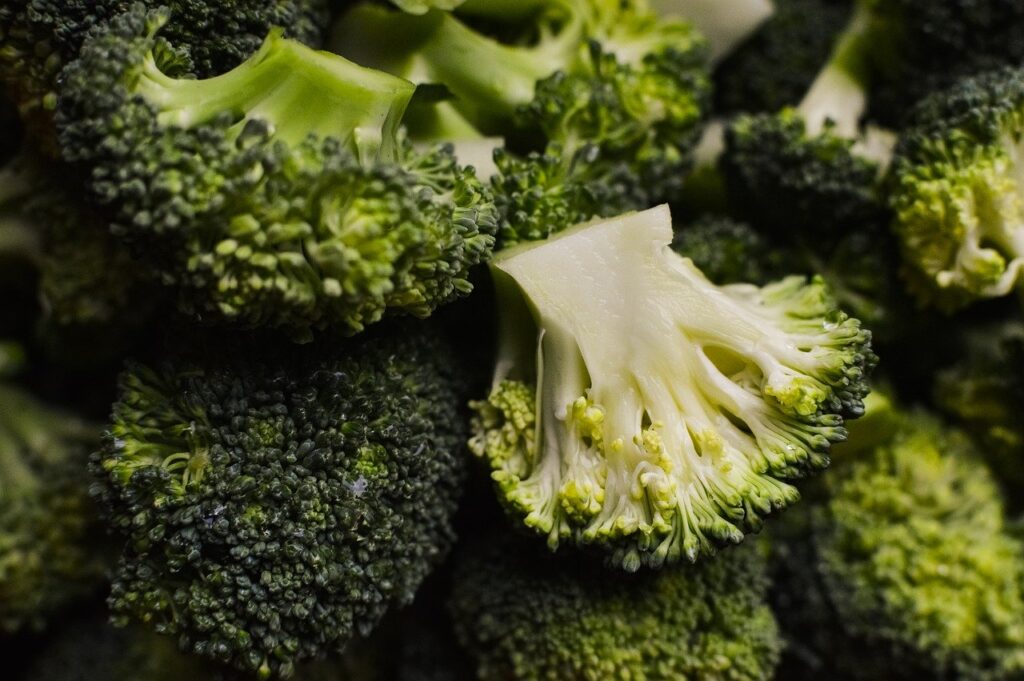
Broccoli is a nutritional powerhouse. The cruciferous vegetable is rich in nutrients like fiber, vitamins (A, C, and K), minerals (calcium, potassium, and iron), and antioxidants. It contains bioactive compounds such as glucosinolates and sulforaphane.
On breaking down inside the body, glucosinolates naturally create a compound called isothiocyanates.
Studies show that ITCs reduce inflammation and toxicity along with reducing the risk of neurodegeneration. Significant improvement in cancer patients, diabetes, and developmental disorders.
Best way to eat:
- If your taste buds allow it, then raw or just a quick steam would be the most effective way to eat broccoli.
- For our foodies, a little stir fry in olive oil or a cheese dip would be good.
When to avoid:
- People taking blood thinning medicines.
2. BRUSSELS SPROUTS

The tiny-looking greens have loads of nutrients, such as vitamin C, K, iron, folate, calcium, potassium, and an excellent amount of omega-3 fatty acids.
One of the key benefits of ‘Omega-3s’ is its role in the healthy creation of brain cells. It also plays a role in neuronal plasticity through better learning and memory skills.
Brussels sprouts have ‘Glucosinolate Glucobrassicin,’ a compound shown to prevent DNA damage and cancerous growths in the body.
Best way to eat:
- Do not overcook, as it makes the taste bitter, and an extra amount of water can increase the chance of glucosinolate being lost in the process.
- Steamed sprouts are the best option, or you may add raw Brussels to your soups and salads.
- For your taste buds, you may sauté in oil or microwave your sprouts.
When to avoid:
- People who are taking blood thinners or suffering from IBS.
3. KALE
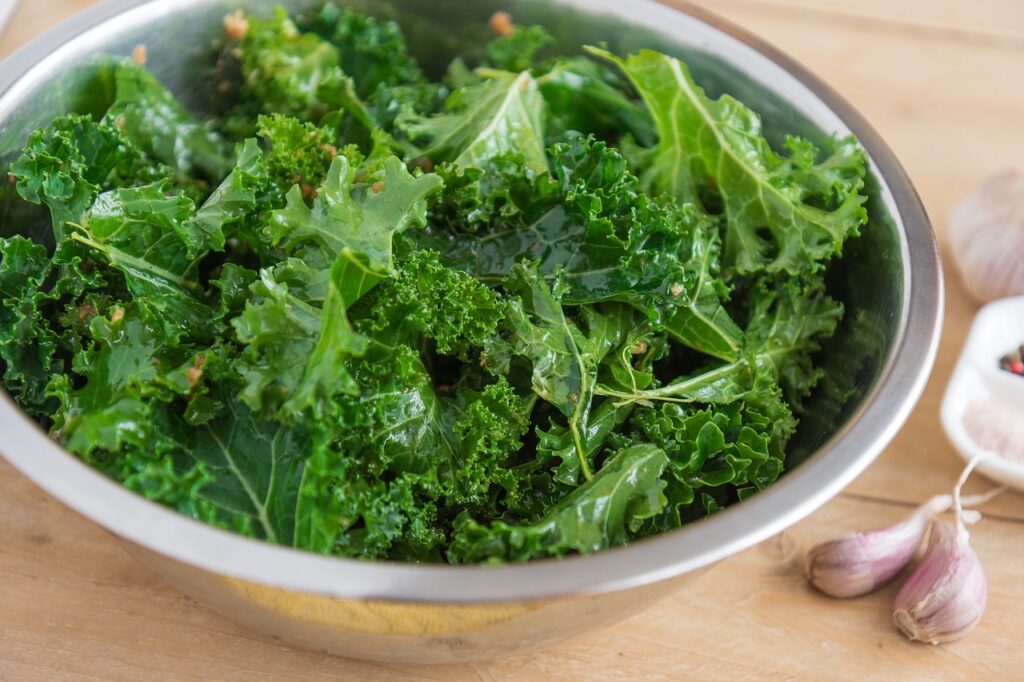
It is one of the most nutrient-dense foods out there. Kale is a great source of vitamins A, B6, C, and K, along with magnesium, copper, and potassium.
The ‘beta-carotene’ in kale is an antioxidant that transforms into vitamin A and is used for brain function. It can help in diseases like amyotrophic lateral sclerosis, Alzheimer’s disease, and brain cancer.
Vitamin K is important for better brain cognition and avoiding dementia as you grow old.
Best way to eat:
- Always eat kale along with some healthy fats, as it is rich in vitamin K.
- Go for organic kale because it is generally a pesticide-heavy vegetable.
- You can try baking some kale crispy chips if you crave fast food or simply add them to your regular salad.
When to avoid:
- People on beta blockers and blood thinners.
- Goitrogens in kale can interfere with thyroid function.
- It is high in oxalate, which may cause kidney discomfort.
4. CARROTS
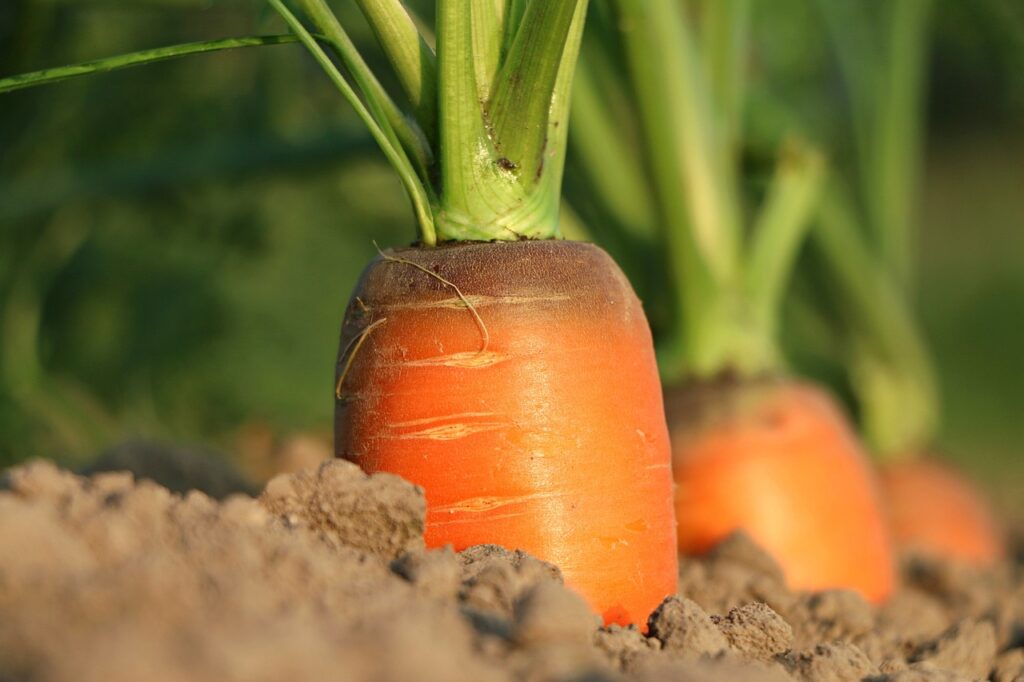
You must have heard how carrots are good for vision, but they equally contribute towards brain health. They are rich in fiber, vitamin A, biotin, etc. Carrots are a good source of ‘luteolin’ too.
Studies have shown that luteolin can inhibit brain microglia activity during aging. By preventing neuroinflammation and reducing oxidative stress, luteolin appears to support brain health and boost cognitive clarity.
Best way to eat:
- Grab your carrots and bite them raw; that would be the best way to consume them.
- Raw or steamed carrots are also nutritious.
When to avoid:
- Many people have allergic reactions to carrots.For example, people who are sensitive to birch pollen may avoid carrots.
- People having hypothyroidism may have issues absorbing the beta carotene in carrots.
5. SPINACH
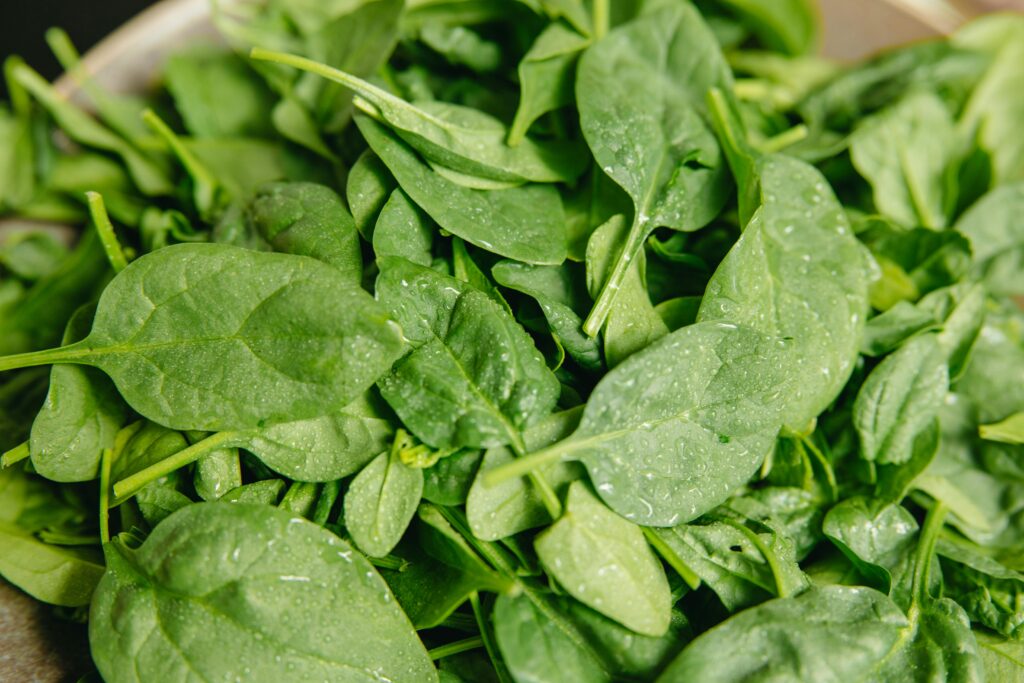
Spinach is rich in many essential nutrients, including vitamin A, vitamin C, vitamin K, and potassium. It has a high folate (Vitamin B9) concentration that can benefit brain function.
Folate plays a crucial role in constructing myelin and neurotransmitters responsible for transmitting signals in the brain. Its deficiencies have been linked to many health problems and cognitive decline.
Best way to eat:
- For better iron and calcium absorption from the spinach, cook it, as cooking can help break down the oxalic acid in the spinach, which hinders nutrient absorption.
When to avoid:
- Oxalic acid and potassium in the spinach can be harmful to kidney patients and can even cause more kidney stones and related health issues.
- People who take blood thinners.
6.CAULIFLOWER

Along with being rich in vitamins C and K, cauliflower is a good source of choline and folate.
Choline plays a crucial role in neurotransmitter function. It can increase the number of dopamine receptors and regulate memory and muscle control.
Best way to eat:
- Steaming the cauliflower will save many important nutrients.
- You can also try to roast and eat them.
When to avoid:
- Cauliflower can cause digestion issues and discomfort.
- If you have kidney stones, then avoid cauliflower, as it is high in oxalates.
7. SWEET POTATO
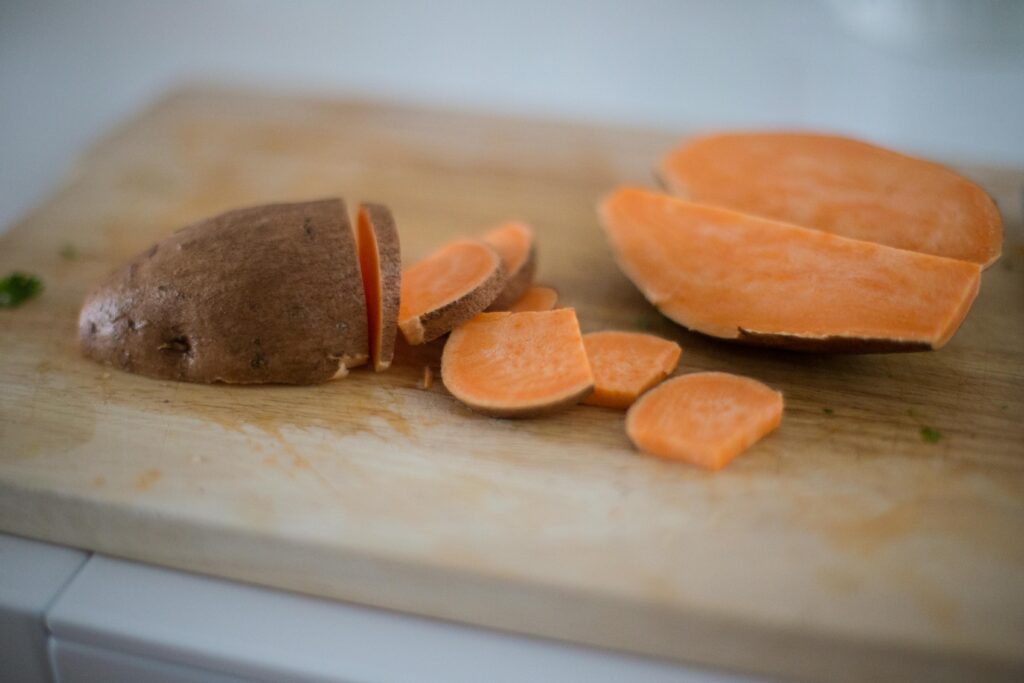
Loaded with fiber, Vitamin A, Vitamin C, and manganese, sweet potatoes are a great alternative to regular potatoes. They are loaded with antioxidants. Purple potatoes are good for brain function.
Sweet potatoes have ‘beta-carotene’ in them, which is an antioxidant that can protect against mental degeneration and oxidative stress.
Best way to eat:
- Roasted potatoes with some lemon on them are the easiest option.
- You can also try chips, add them to your toast, or make a sweet potato hash too.
When to avoid:
- As they are rich in oxalates, excess consumption can create discomfort for kidney stone patients.
8. BEETROOT
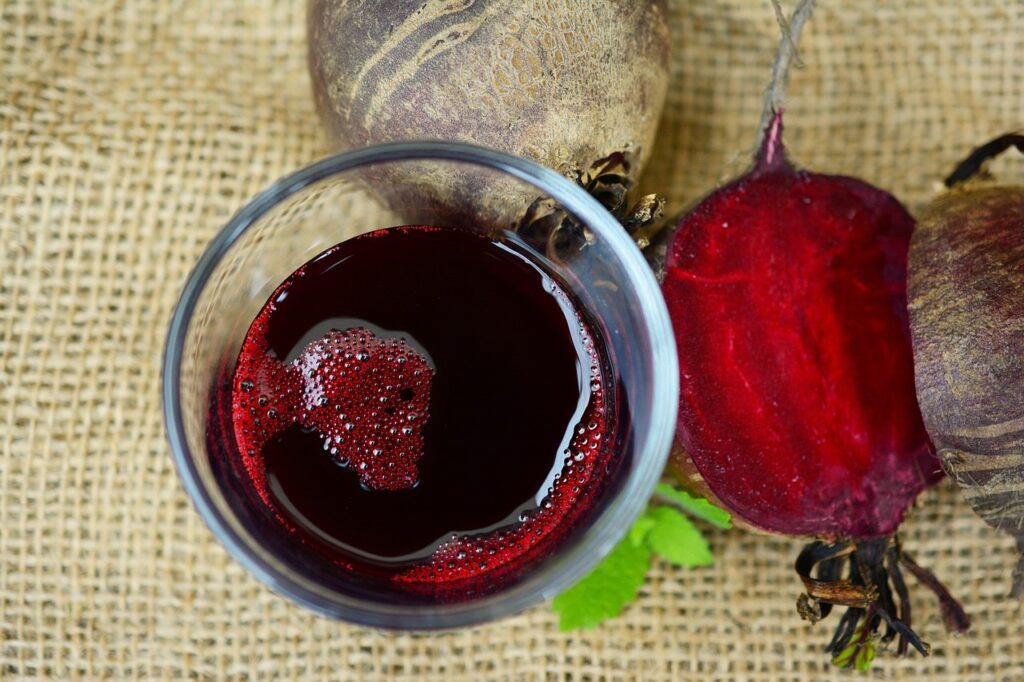
The juicy and colorful vegetable provides our body with fiber, folate, iron, Vitamin C, manganese, and many other nutrients.
The primary benefit that beets offer your brain is an increase in nitrates. Nitrates can widen the blood vessels and improve the flow of blood in the body and brain. That will further allow oxygen to reach the brain faster.
Best way to eat:
- Beetroot juice is the go to way for many health enthusiasts.
- Add them to your salads raw, or even make a beetroot yogurt.
When to avoid:
- It is not advised for people with kidney stones and IBS.
Vegetables can be your best friend to achieve a healthy body and mind. A regular and balanced intake of your vegetables is necessary for long-lasting brain health. The bottom line is eating every type of food in moderation.

